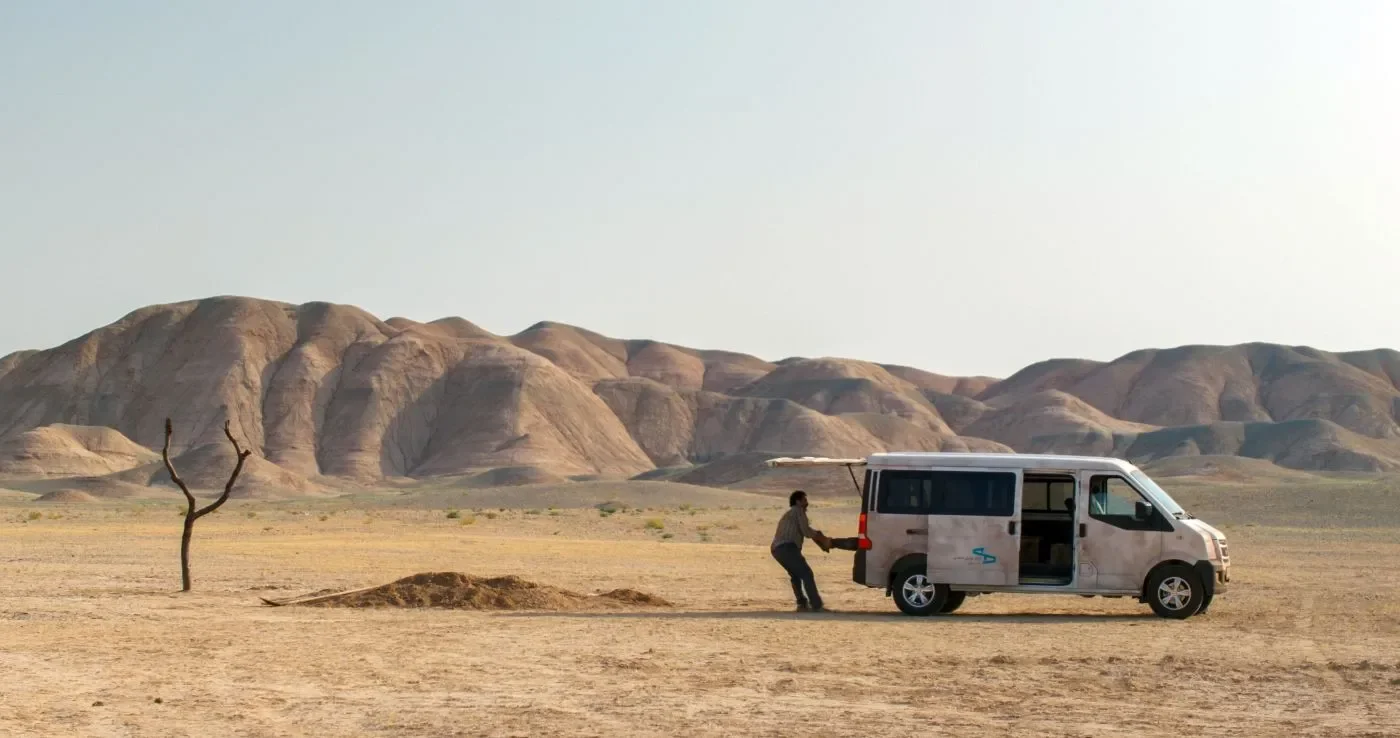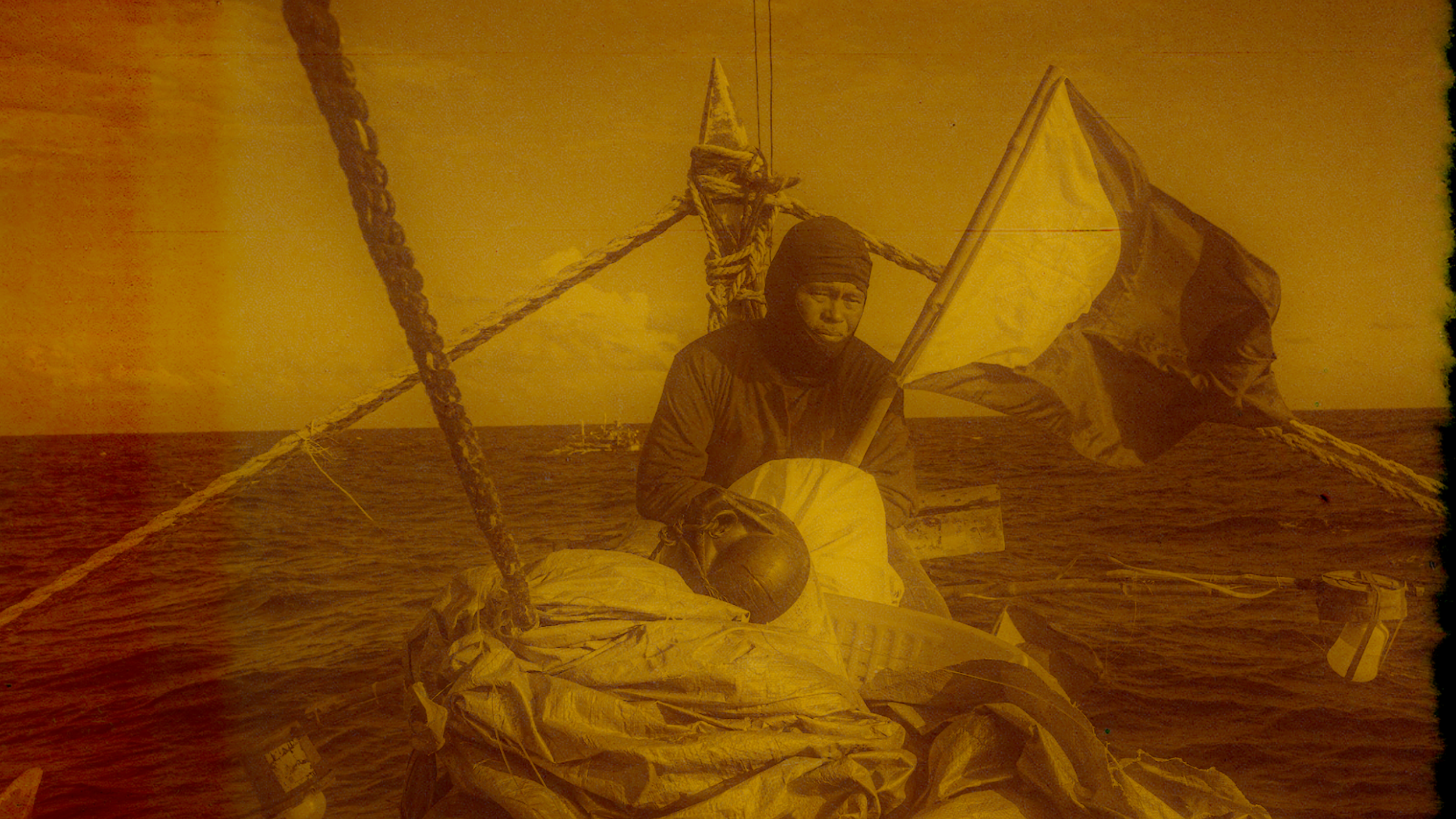‘Water Lemon’ REVIEW: An Old Town That Is Drowning
‘Water Lemon’ REVIEW: An Old Town That Is Drowning
“Bakit ba durong hindi makaintindi ako mga tao dinhi. Di man lang makita ang pattern ng water levels na paulit-ulit ko nang sinabi na critical condition na. Pero all they worry about is level ng, level ng collection of water bills. Narationed naman yung tubig,” (“Why is it that people here just can't seem to understand? They can't even see the pattern in the water levels that I've repeatedly said are already in critical condition. But all they worry about is the level of, the level of collection of water bills. The water is being rationed anyway”) says Filemón, distressed after being fired from the water service company for wanting the town to act and to recognize the environmental crisis.
“Hindi sa hindi ka nila maintindihan. Hindi lang sila pinanganak ng espesyal,” ("It's not that they can't understand you. They just weren't born special.") says Pina, also distressed at Filemon’s behavior of wanting big changes in their town to act, and to recognize the environmental crisis. The conversation scene between Filemon and Pina, where Filemon laments society’s inability to recognize the critical state of water levels while others remain preoccupied with water bill collections, captures the film’s central theme: finding contentment in life or even just finding a way to cope with the social realities of living in that town.
In Lemuel Lorca’s Water Lemon, the tension between individual aspirations and the social realities of rural life unfolds through a loose narrative structure. The film immerses viewers in the everyday concerns of a small rural town, allowing them to observe how characters navigate their desires and frustrations, no matter how big or small it is. The film’s structure doesn’t use much of a traditional narrative in favor of an observational approach, allowing character interactions with one another or within themselves to reveal the underlying conflicts living in a small rural town.
Each character embodies a different means of coping with or escaping rural life. Filemón, the most vocal, seeks validation for his concerns about an impending environmental crisis. Pina, on the other hand, is preoccupied with her struggles, which is Filemón’s future, as she dismisses his warnings as eccentricity. Maritess dreams of marrying a foreigner, seeing it as her gateway to a better life. Bertha longs for Filemon’s affection or another man to love, treating love as her end goal. These aspirations reflect a middle-class desire for upward mobility, yet they also reveal an inherent resignation to their circumstances, as each case also reflects a realized truth brought by the social realities they are in. Their longing for change is paradoxically tied to their inability to effect it.
A striking motif in the film is the metaphor of drowning, not just in water but in one’s thoughts and struggles, or the town as a whole. Filemón’s warnings about rising water levels are parallel to how the town is figuratively drowning in its everyday concerns. The threat of an environmental crisis looms, yet the immediate challenges of daily survival overshadow it, as it is more pressing to the personal self than having time for thinking of the long-term inevitabilities.
The film suggests that privilege dictates what concerns one can afford to address. Filemón has the time and space to worry about water rising threats, whereas Pina and the others are entrenched in the mundane, immediate difficulties of rural life. This echoes broader societal problems where systemic social issues such as climate change and economic disparity are often ignored in favor of pressing everyday concerns.
Despite their frustrations, the characters remain attached to their town. Their desires for change or escape never fully materialize. This raises a compelling question: Is leaving the town the only solution? Would departure truly free them from the sense of drowning, or would they find themselves struggling with a different set of problems elsewhere? The film doesn’t provide easy answers, instead leaving viewers to drown in the thoughts of tension between contentment and aspiration.



















